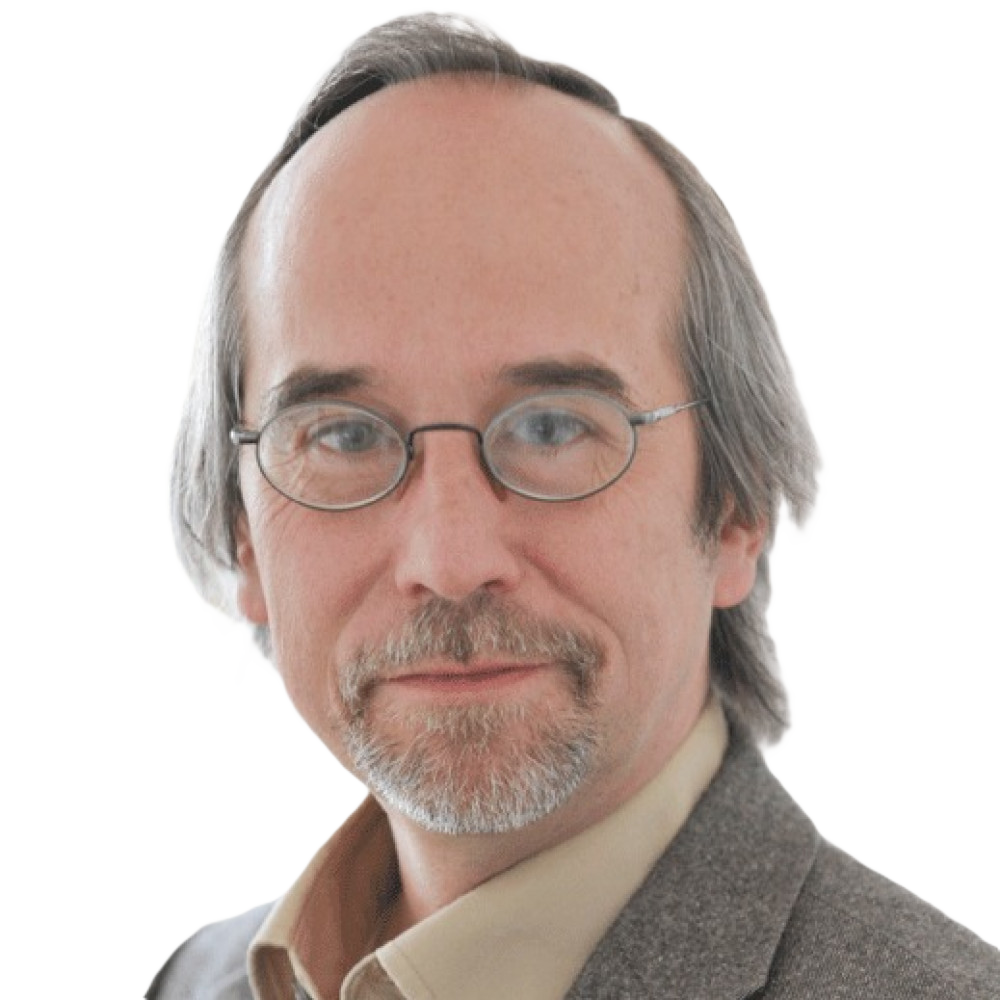Participants
‹ Back
Professor Eörs Szathmáry
Research Professor, HUN-REN Centre for Ecological Research
CV
Reserch Professor, HUN-REN Institute of Evolution, Centre for Ecological Research, Budapest
Director, Parmenides Center for the Conceptual Foundations of Science, Pöcking, Germany
Professor, Eötvös University Budapest
Scientific achievements:
The stochastic corrector model as group selection of early replicators, scenario for the origin of the genetic code, analysis of genetic epistasis in terms of metabolic control theory, a demonstration of the selection consequences of parabolic growth, derivation of the optimal size of the genetic alphabet, general replicator theory, a general framework to discuss the major transitions in evolution, questions of weak, strong and ultimate open-ended evolvability, the mitochondrial farming hypothesis, learning in evolution, evolution in learning.
Honours
1995 Outstanding teacher of the Faculty of Natural Sciences, Eötvös University, Budapest
1996 New Europe Prize for Higher Education and Research, Stanford
1999 Prize of the Hungarian Academy of Science, Budapest
2001 Member of Academia Europaea
2004 College de France guest
2007 Corresponding Member, Hungarian Academy of Sciences
2011 Guest professor, Faculty of Biology, Ludwig Maximilans University, Munich
2013 Member, Hungarian Academy of Sciences
2017 Széchenyi Prize
2020 Lifelong member of EMBO
2021 Member, Norwegian Academy of Sciences and Letters
Abstract
Abstract:Synthesis of artificial life
The de novo creation of living systems is a long-standing dream of humanity. To realise this dream, we need a clear conceptualisation of the goal and the experimental means to put it to practice. We think now time is ripe to make a serious attempt.
There is emerging consensus that a minimal living system should be out-of-equilibrium and self-sustaining, have metabolism, an inheritance system, a boundary to keep the constituents together and that a population of such systems should be able to undergo Darwinian evolution. Now the goal is to develop, for the first time, synthetic chemical systems with all these features in synergy. Due to its very nature such a project is standing on two, equally strong feet: chemistry and biology. The strongest link between them is autocatalysis, which allows reproduction at the molecular level.
Success would constitute a landmark achievement in basic science.
Attachment
Abstract
Abstract:Evolvable AI as an existential threat to humanity
Recent developments of AI have attracted considerable public attention, and rightly so. For the time being it is regarded as an exciting tool, and, as for all new tools, some argue that it is a blessing while others worry that it will rather turn out to be a curse. There are good arguments on both sides. Concerns abound, including threats such as job displacement, privacy invasion, misinformation, economic inequality, addiction, moral issues and, ultimately, loss of control, which, according to a frightening number of AI insiders, may bring about the end of the human race. Governing bodies realize that safety measures should be put in place, and the first steps have been taken. But those steps may prove insufficient, for two reasons. The first problem is that regulation is aiming at a target that is moving extremely fast, and the dominant actors are showing limited interest in cooperating with the regulators. Adopted regulatory frameworks so far are aiming at the lowest common denominator of what can be agreed politically by governments and what tech companies do not see as a constraint on their business models but will fall short of what is necessary to address AI risks. An important but largely overlooked, problem is the potential emergence of evolutionary agency in AI. We argue that the necessary components for this major evolutionary leap are already present: the first evolving AI might already be there, or their appearance may be imminent.
Because as soon as Darwinian-like evolvability kicks in, self-interest of the evolving agents arises naturally, while control over the goal structure weakens, and development accelerates simultaneously. The less those interests are aligned with those of humans, the more room there is for conflict. Considering the resources that evolved AI could exploit and the speed of its operation (including lightning-fast evolution relative to that in biology), we could easily lose the battle.
The goal of avoiding the massive spread of evolvable AI calls for serious multidisciplinary negotiations, engaging AI and IT experts, ecologists, evolutionary biologists, and epidemiologists. There is an analogy with emerging infectious diseases (EID). We have no time to lose.